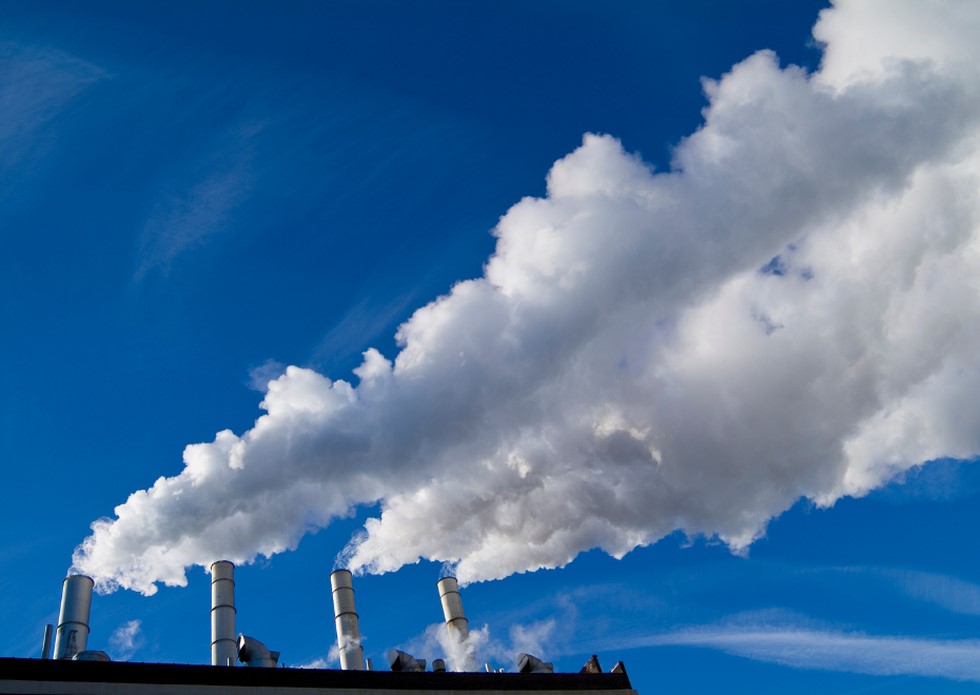
Global Alliance for Incinerator Alternatives (GAIA)

20.04.2024
Global Alliance for Incinerator Alternatives (GAIA)
|
For Prelims:About Global Alliance for Incinerator Alternatives (GAIA), What is Incineration? |
Why in the news?
The Global Alliance for Incinerator Alternatives (GAIA) Asia Pacific has called on ASEAN to take decisive action in response to plastic pollution.
About Global Alliance for Incinerator Alternatives (GAIA):
- It is a worldwide alliance of more than 1,000 grassroots groups, non-governmental organizations and individuals. It aims to power a transition away from our current linear and extractive economy and towards a circular system that supports people’s right to a safe and healthy environment.
- It envisions a just, zero-waste world built on respect for ecological limits and community rights, where people are free from the burden of toxic pollution and resources are sustainably conserved, not burned or dumped.
- This entails fighting pollution and building regenerative solutions in cities through local campaigns, shifts in policy and finance, research and communication initiatives, and movement building.
- They work on four primary points of intervention: incineration, zero waste, plastic, and climate.
What is Incineration?
- It is the process of burning hazardous materials at temperatures high enough to destroy contaminants.
- It is conducted in an “incinerator,” which is a type of furnace designed for burning hazardous materials in a combustion chamber.
- Many different types of hazardous materials can be treated by incineration, including soil, sludge, liquids and gasses.
- Although it destroys many kinds of harmful chemicals, such as solvents, PCBs (polychlorinated biphenyls) and pesticides, incineration does not destroy metals, such as lead and chromium.
- Modern incinerators include air pollution control equipment (e.g., fabric filters, scrubbers and electrostatic precipitators) to remove fly ash and gaseous contaminants.
Source: Down to earth